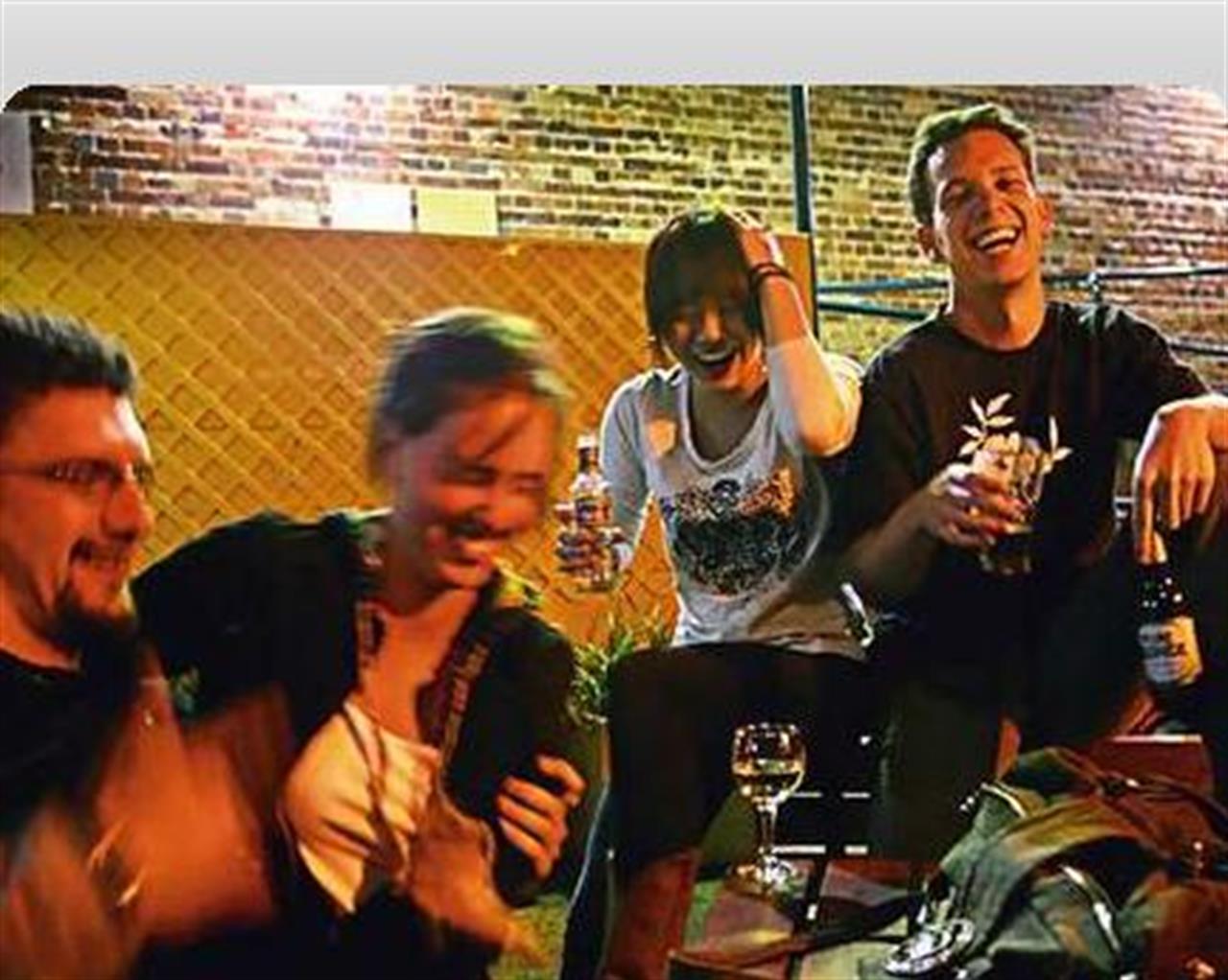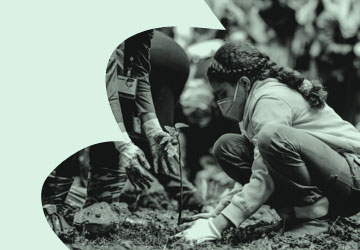Cooperazione & Relazioni internazionali
A first aid response to underage drinking
A new Red Cross campaign teaches young people first aid for emergency situations linked to drinking
di Staff

The British Red Cross Life. Live it campaign kicked off on September 13. It aims to teach young people in the United Kingdom how to use first aid in a situation where a peer is sick, injured or unconscious because of excessive drinking.
A telephone survey of 2,500 British young people, 11 to 16, found that one in seven have found themselves in an emergency situation caused by alcohol in the past 12 months.
“First aid is not trendy or hip. It has a slightly geeky freaky image,” says the British Red Cross First Aid expert Joe Mulligan. Campaigners hope that the topic of binge drinking will turn a few heads and will help make first aid training more relevant to young people. “We need to ensure that every young person has the ability and confidence to cope in a crisis, irrespective of whether they have been drinking.”
The campaign incorporates first aid activities with sport, music, dance and fashion. By bringing first aid to less traditional spaces, like social networking sites and YouTube, organisers hope young people will be more willing to engage and to learn about these life saving skills.
Mulligan says, “the interest is there,” adding that the young people the organisation spoke with during the survey, “really expressed an appetite for this type of information.”
“The other striking information in the data is the irrational response of the young people involved,” says Mulligan. According to the report, only ten percent of young people called the police and only 47 per cent called a parent when a drunk friend was in a critical situation.
All the more reason to provide them with the skills and the knowhow to handle a worst case scenario. According to Mulligan, when the public is ill-equipped to deal with emergency situation, “groups of people stand around and nobody steps forward to help.”
Mulligan assures that a health education message about excessive drinking has been tied into the campaign. “Prevention is always better than cure, but you have to balance that with the inevitability that something will always go wrong.”

